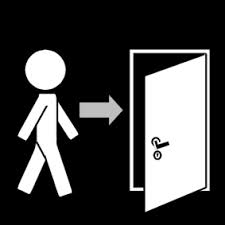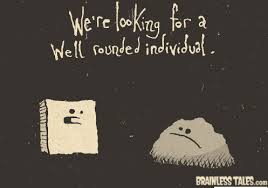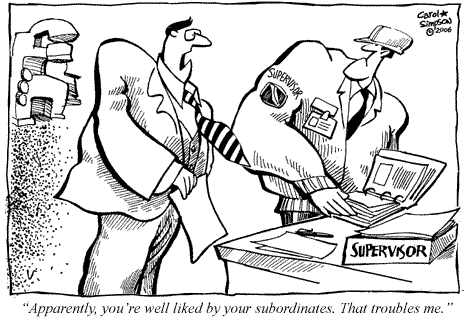It’s surprising to me that law enforcement agencies today that claim to be a “world-class organization” or progressive still implement archaic rotation policies or practices that are often counterproductive and contrary to their claims.

A supervisor approached me at the start of a class I was teaching [in 2014] and informed me “I’m no longer the K9 supervisor.” Surprised, I asked “What happened?” and he responded with “Our chief rotates supervisors every two years.” Still a little shocked, I inquired “How do you feel about that?” He said something similar to “It kind of sucks because I was just starting to learn about the duties and responsibilities. Two years isn’t sufficient for that position.”
For the most part – and I’d estimate 98% of the time – I hate rotation policies and forced rotation mandates. (I was going to use the word “dislike” but it doesn’t represent how I really feel about this topic.) I hate these policies and practices because I think they usually represent lame excuses for some administrators and supervisors to be lazy and not do their job – and their job is to make sure the right people are in the right position to do the right job all of the time. I fought unsuccessfully against mandatory rotation at my department when it occurred and I watched a few unfortunate things occur after it was allowed to happen.
“The weakest link in a K9 unit is usually its supervision.” – a consensus of K9 trainers, instructors, handlers and K9 supervisors
If K9 supervision is considered one of the weakest links within a program, doesn’t it make sense to get the best supervisors in those positions and keep them there as long as reasonably possible? I’d unofficially estimate that 50% or more of the current K9 supervisors working today did not work a police dog as a K9 handler. So, some of these supervisors have more to learn about a job that represents a high degree of risk and liability. And, if they get rotated every two years or so, they will not be able to properly and consistently supervise this unit with its high risk and potential for some serious liability. Do you see any liability attached to this dilemma?
Rotation policies can be likened to learning to swim by only dangling your legs in the pool; you get a little wet and you start to feel comfortable – but you don’t actually learn to swim.

Yes, I’ve heard the reason “we want our supervisors to be well-rounded” but what is the mission of the department and the goal of good supervision? It’s probably not well-roundedness. And, you can’t be considered well-rounded if you believe your time as a supervisor in a unit is short-served, you didn’t learn as much as possible, you didn’t contribute significantly during your time in that position, and you didn’t serve the best interests of your subordinates.
Instead of insisting that supervisors be well-rounded, it might be better to ask “What is our responsibility to make sure the handlers get the best and most consistent supervision?”
I know a SWAT sergeant with years of experience who will be forced out of his position soon due to a rotation policy – and his experience, the experience he shares with his team, and the benefits of his experience to the community and department directly related to this assignment cannot be measured. Who wins? Who benefits?

When supervisors are rotated out of specialty assignments – like K9 – because of a policy mandate or a poor management practice, the potential for trouble exists for those K9 handlers left behind and for the department in general. Your agency may want to re-evaluate the pros and cons of your supervisor rotation policy for your K9 unit if you have one.
Take care, be safe and make every day a training day…
Bill Lewis II
This “reason” was originally shared on April 21, 2014.

“Trouble” isn’t always related to incidents or predicaments that directly result in lawsuits, claims or discipline. Often times, our actions or inactions that are missed, deliberately overlooked or downplayed may lead to nothing or can later lead to mistakes or bad incidents with minimal to serious repercussions. A reason we get in trouble can be minor or simple at first glance – or even serious – but a combination of these factors can often have disastrous consequences.
These “reasons” are provided periodically as a collection in-progress based on actual incidents and real attitudes as well as feedback received at HITS, the CNCA Training Institute, and the “Canine Liability 360” classes. As Gordon Graham says, “We haven’t found new ways to get in trouble.” So, as the list progresses, you may or may not read something familiar to you that you have personally experienced or seen others encounter. If you encountered or heard about it, did you learn from it?
